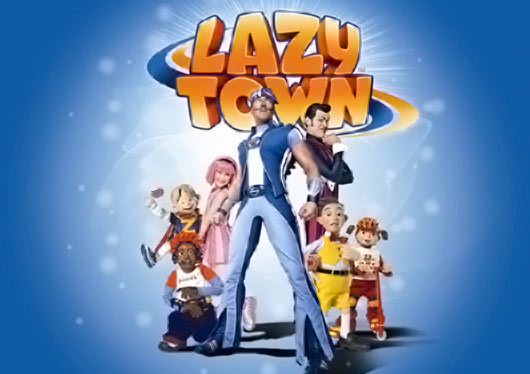
Cyberbullying—or online bullying on social network sites—is on the rise. Children are most vulnerable to this type of bullying, and the results can be tragic. Too often, we hear about another child or teen who has committed suicide as a result of the shame and torment brought on by cyberbullies. So how do you protect your child from cyberbullying?
Marriage and family therapist Joy Pendola of the Charlotte Hungerford Hospital in Torrington, CT offers some insight into and tips for stopping cyberbullying—before it starts.
Mamiverse: How are students being bullied today?
Pendola: Cyberbullying is an easier way to pick on kids because there is no face to face confrontation and it’s easier to avoid getting caught. It has become even more menacing as there are some social media outlets beyond Facebook and Twitter that allow you to post anonymously. Not only do kids not know who is saying these things but it has potential for other kids to chime in unnecessarily.
Mamiverse: Explain more specifically how the children are being bullied, especially gay children.
Pendola: Kids are bullied in a variety of ways including threats of physical harm, naming calling, gossip, etc. For kids who are gay it poses great challenges. Many adolescents are exploring their sexuality and have yet to define it. Bullying can include other kids defining it for them when they are not ready to define it themselves. Kids who are gay also may have fears of acceptance within their own families and the stress of family members finding out can add to the feeling of being overwhelmed. The best thing parents can do is address this in their own family system. If there is a high level of acceptance within the family this can greatly offset the bullying.
Mamiverse: What can parents do to protect their children?
Pendola: Some states have anti-bullying laws that include social media and can be reported to police. I urge kids to explore whether they want accounts on these sites that put them at risk for continued bullying, and to use every privacy setting available including blocking of messages. This is a challenge, since kids who are bullied often are socially isolated and have a need for improved social skills. Often these sites are the most prominent ways they socialize at all, so it is difficult for them to give it up.
Read Related: How to Talk to Your Kids About Gay Parents
School systems provide varying levels of education, monitoring, and discipline when it comes to bullying. Parents should be very aware of bullying policy in their school systems and advocate for their child. Contact with a child’s teachers can be helpful to make them aware. Talking to a child about social media and its impact are also important.
Mamiverse: What strategies can you share with the Mamiverse community?
Pendola: There are many strategies I offer to children and their families. Kids in general who are bullied often lack social skills, particularly self-efficacy and assertiveness. Working on fostering self-esteem, speaking up for yourself, and understanding that the kid who is being bullied does not deserve it, are all practical tools. Role-playing a bullying scenario is a good way for a kid to practice these skills. A family’s acceptance, as I stated before, also instills a sense of validation that can also protect a child from the impact of bullying. However, peer relationships are so critical at this developmental stage that we spend a lot of time with kids discussing healthy relationships and how to develop friendships. A good group of friends can be the ultimate buffer for these kids against bullying.











